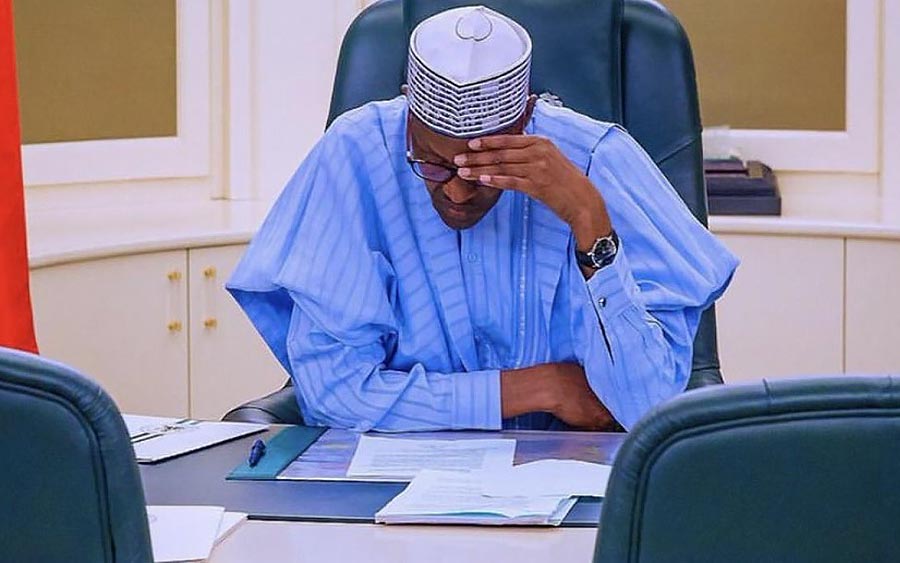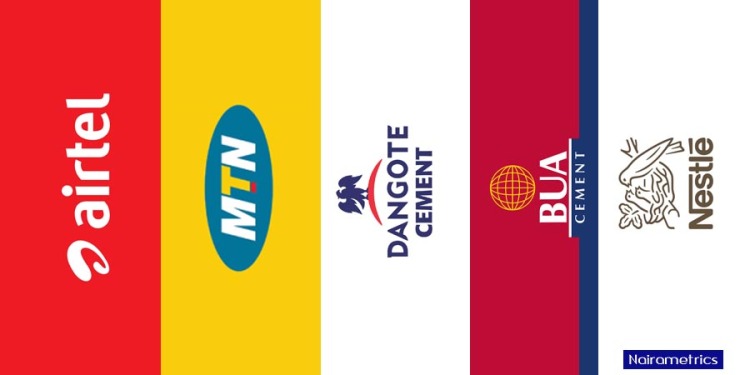Nigeria’s current account continued in its negative trajectory in the first quarter of the year to stand at a deficit of $1.75 billion, characterized by a huge trade deficit, a decline in foreign direct investments as well as in remittances.
Balance of Payment (BOP) is a statement that records all the monetary transactions made between residents of a country and the rest of the world during any given period. It is ideal in measuring whether a country has a surplus or deficit of funds.
Nigeria has recorded a current account BoP deficit continuously for 9 consecutive quarters, since Q1 2019, summing up to a deficit of $33.35 billion in a little over two years. This could be largely attributed to a massive gap in Nigeria’s trade balance.
However, this represents the lowest deficit recorded since Q1 2019, which signifies that our net current account could enter into positive territories soon. Net current account declined from a deficit of $5.26 billion recorded in Q4 2020 to a deficit of $1.75 billion in Q1 2021.
READ: Nigeria’s worsening current account deficit piles pressure on exchange rate
Breakdown
- Goods export decreased by 8.6% (QoQ) from $8.44 billion recorded in Q4 2020 to $7.71 billion in Q1 2021.
- Net financial account surged to $7.87 billion in Q1 2021, from a deficit of $3.37 billion recorded in the previous quarter.
- Net errors and omissions stood at -$6.14 billion in Q1 2021 from $8.64 billion recorded in the prior period.
- Foreign receipt from services stood at $1.19 billion in the review period while Nigeria’s services payment stood at $4.09 billion, indicating a current account service deficit of $2.9 billion.
What is fueling our negative current account?
Nigeria’s current account deficit is largely fueled by a huge dependence on the importation of foreign items, while our major source of export earnings is crude oil, which is highly volatile and currently affected by the cut in OPEC production quota.
- Recall, that Nigeria recorded its highest trade deficit on record in Q1 2021, due to a significant surge in its import bill. Notably, Nigeria’s imports in the first quarter skyrocketed by 54% year-on-year to N6.85 trillion, leading to a trade deficit of N3.94 trillion.
- The state of the economy has also dampened investors’ sentiments towards investing in Nigeria, with galloping inflation, negative returns at the local bourse, insecurity in most areas of the country, unfriendly business environment, and a host of other policies that further pushed Nigerians into poverty.
- These have caused a significant decline in foreign inflows, while diaspora remittances have also dipped significantly, which has depleted our foreign reserves to a record low, putting pressure on the local currency.
READ: Nigeria’s growing budget deficit
The International Monetary Fund (IMF) mission to Nigeria advised in 2020 that the country needs to embrace the broad market and exchange rate reforms to address recurrent Balance of Payment (BOP) pressures and raise the medium-term growth path.
In a statement by the Mission Chief for Nigeria at the International Monetary Fund (IMF), Ms Jesmin Rahman, she noted that the low crude oil prices in 2020 had negatively affected Nigeria’s Balance of Payments pressures, also citing the lockdown measures which stalled economic activities in the country.
She however stated, “A durable solution to Nigeria’s recurrent BOP problems requires recalibrating exchange rate policies to reduce its risks, instil market confidence and facilitate private sector planning.”
What you should know about BOP
The current account on the balance of payments measures the inflow and outflow of goods, services, investment incomes, and transfer payments.
- A balance of payment statement can also be used as an indicator to determine whether the country’s currency value is appreciating or depreciating. The data obtained in this case shows clearly that Nigeria’s currency is under immense pressure.
- There are basically three components of the balance of payment, which are the current account, capital account, and financial account.


















